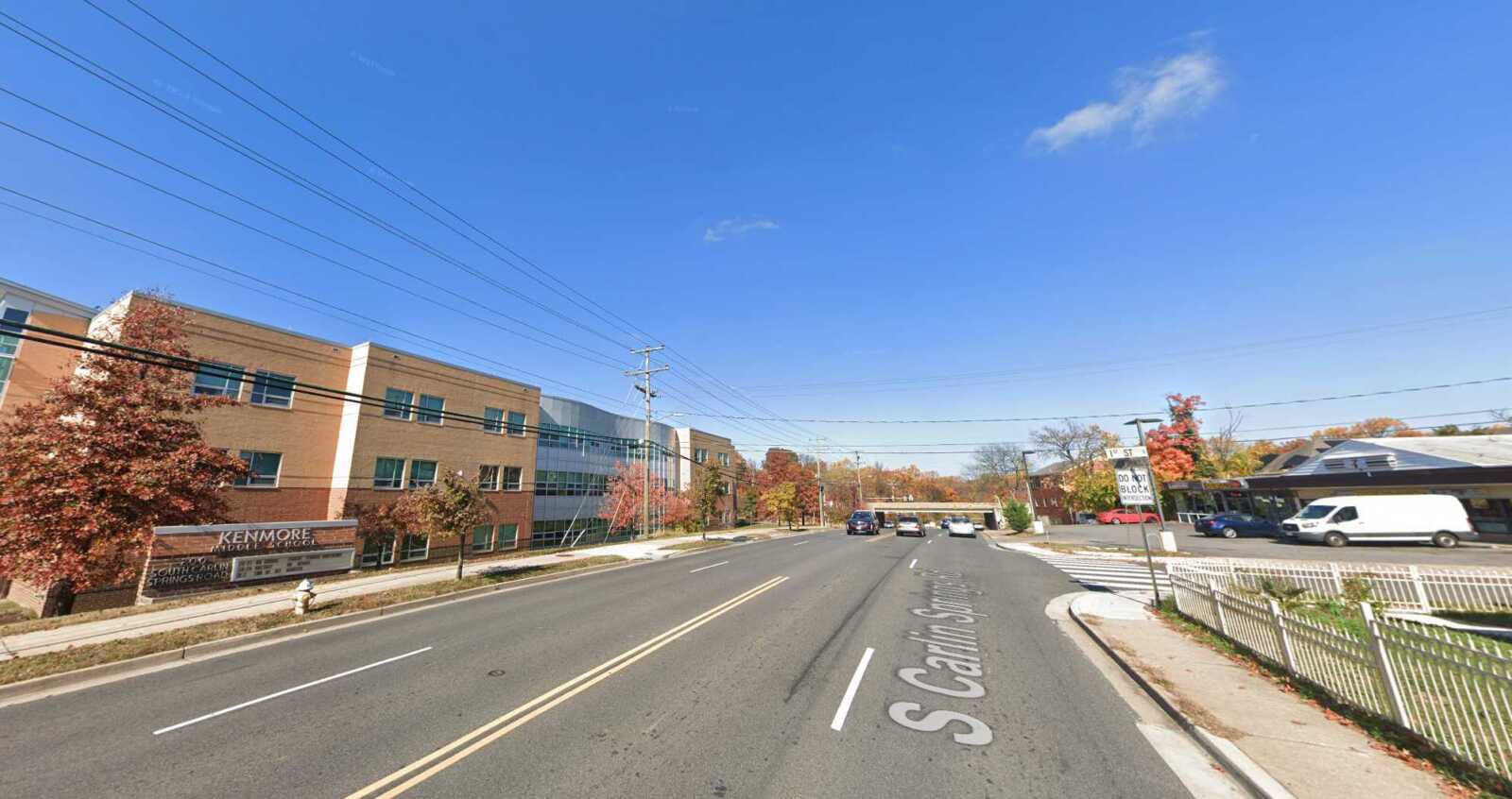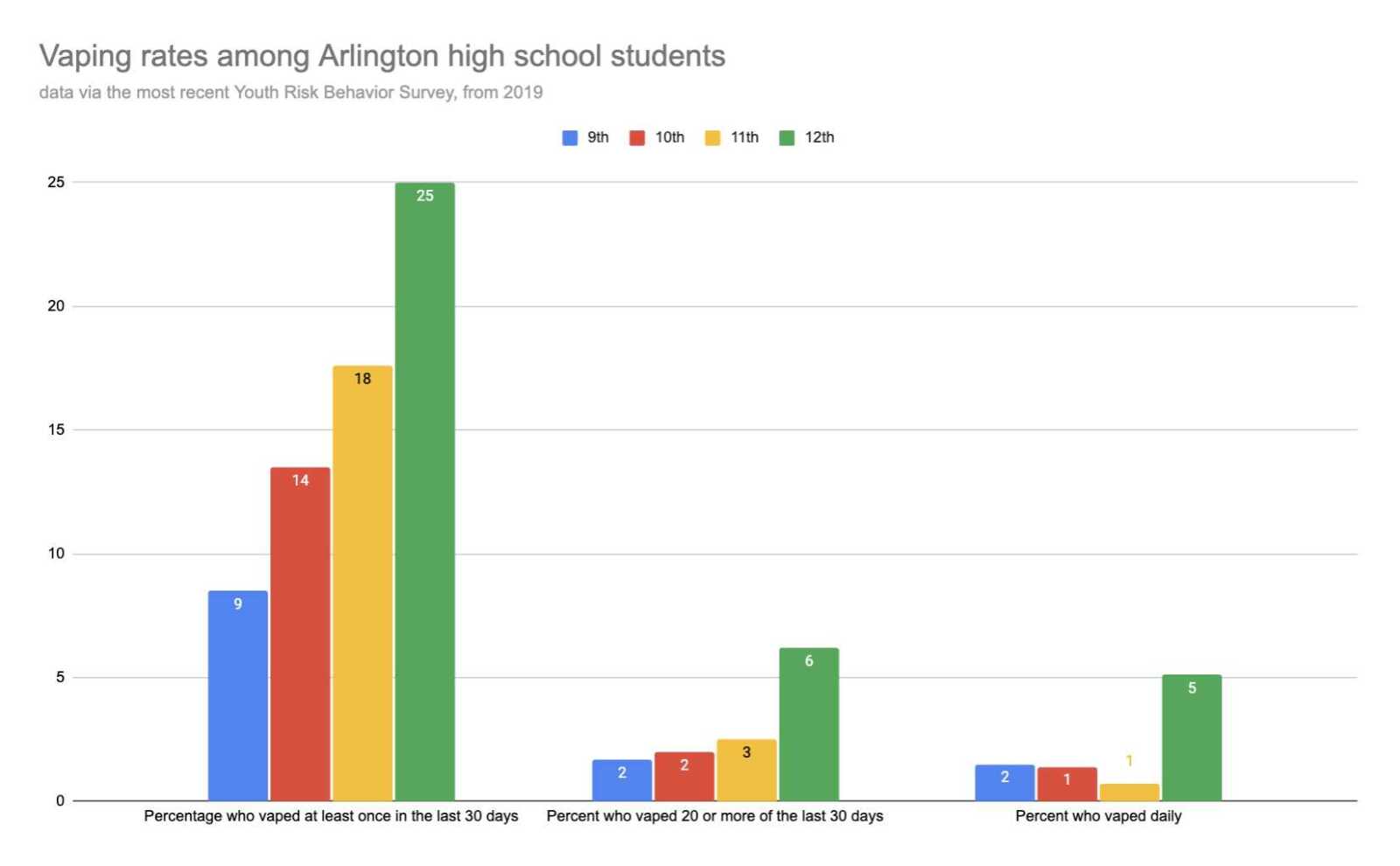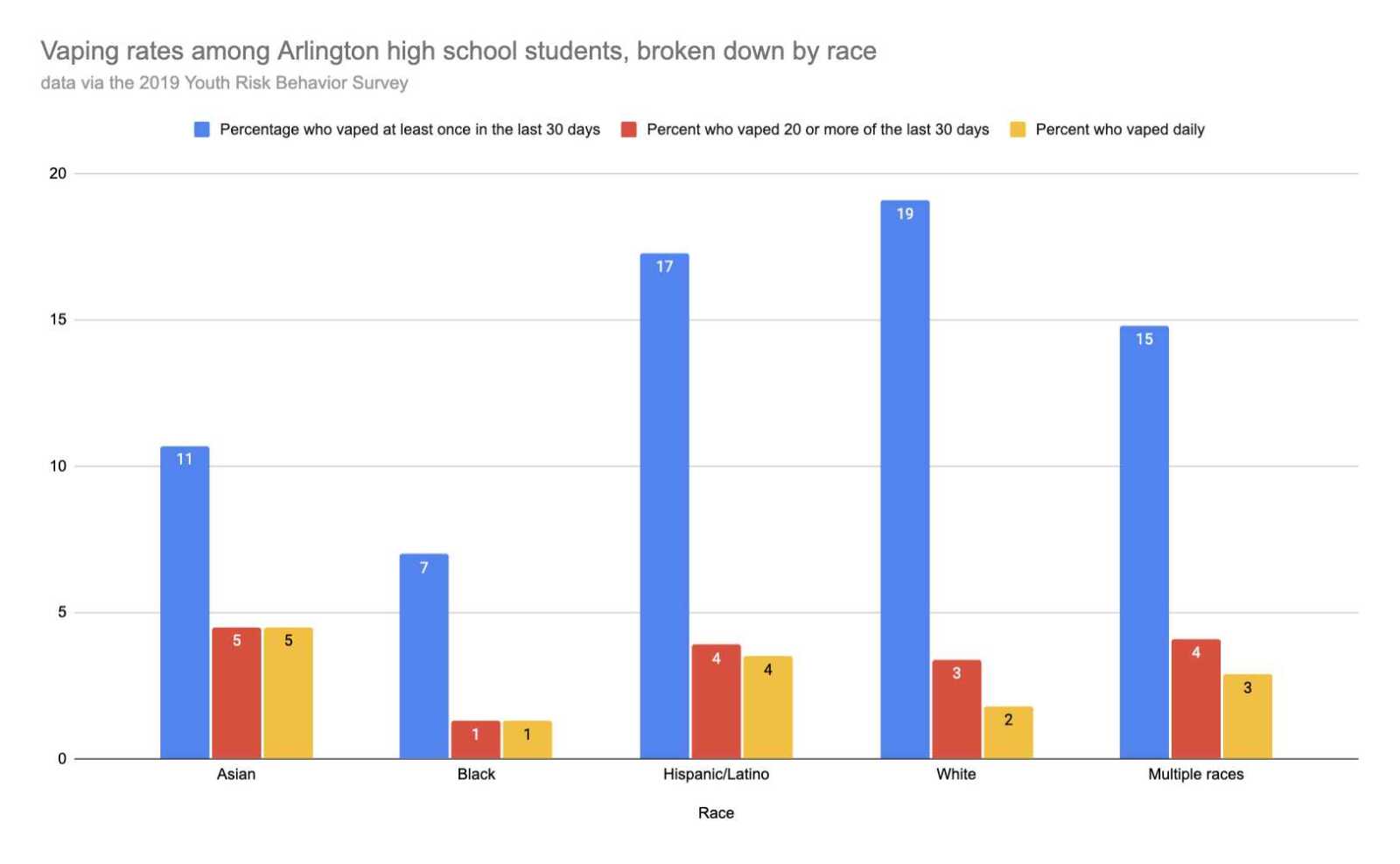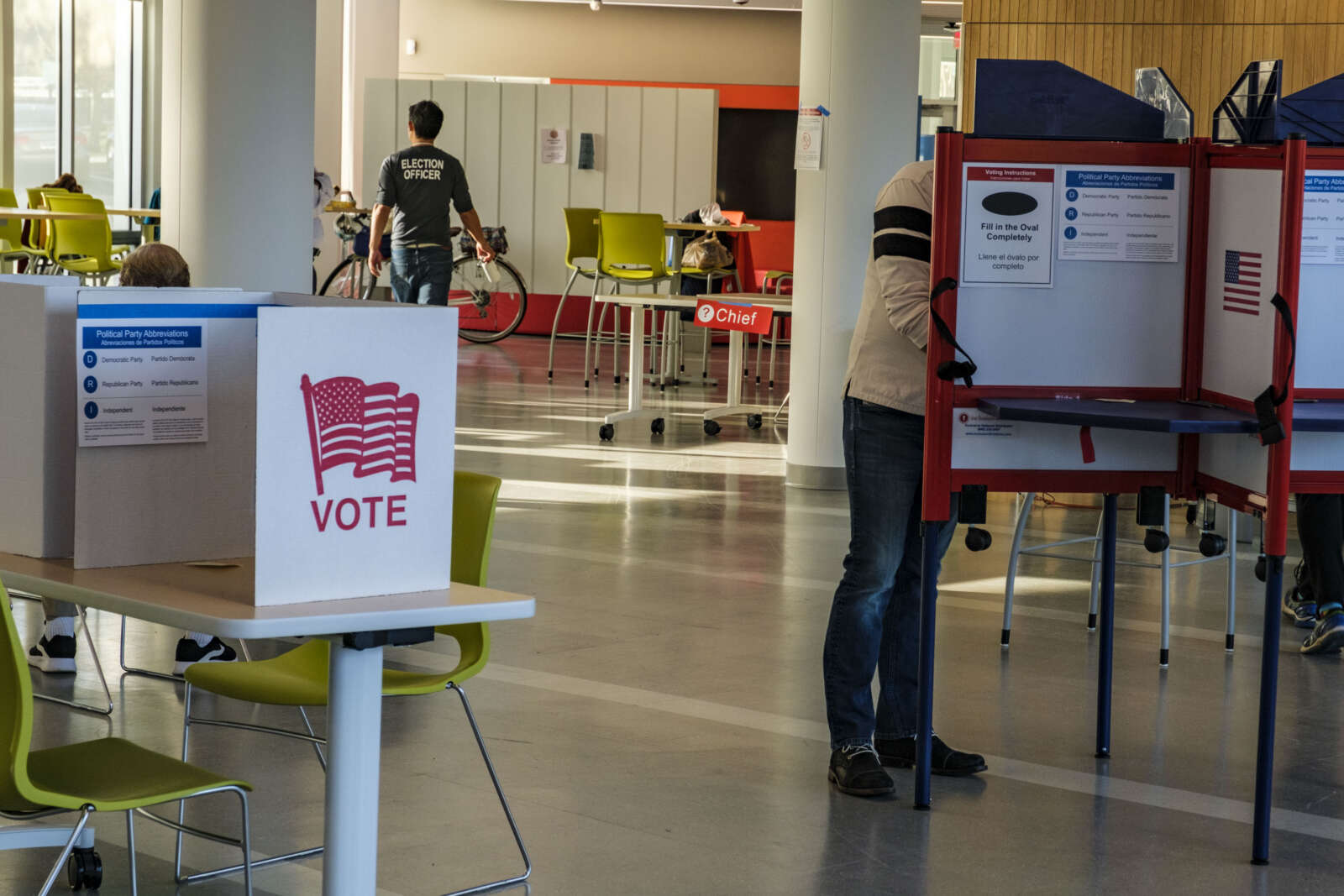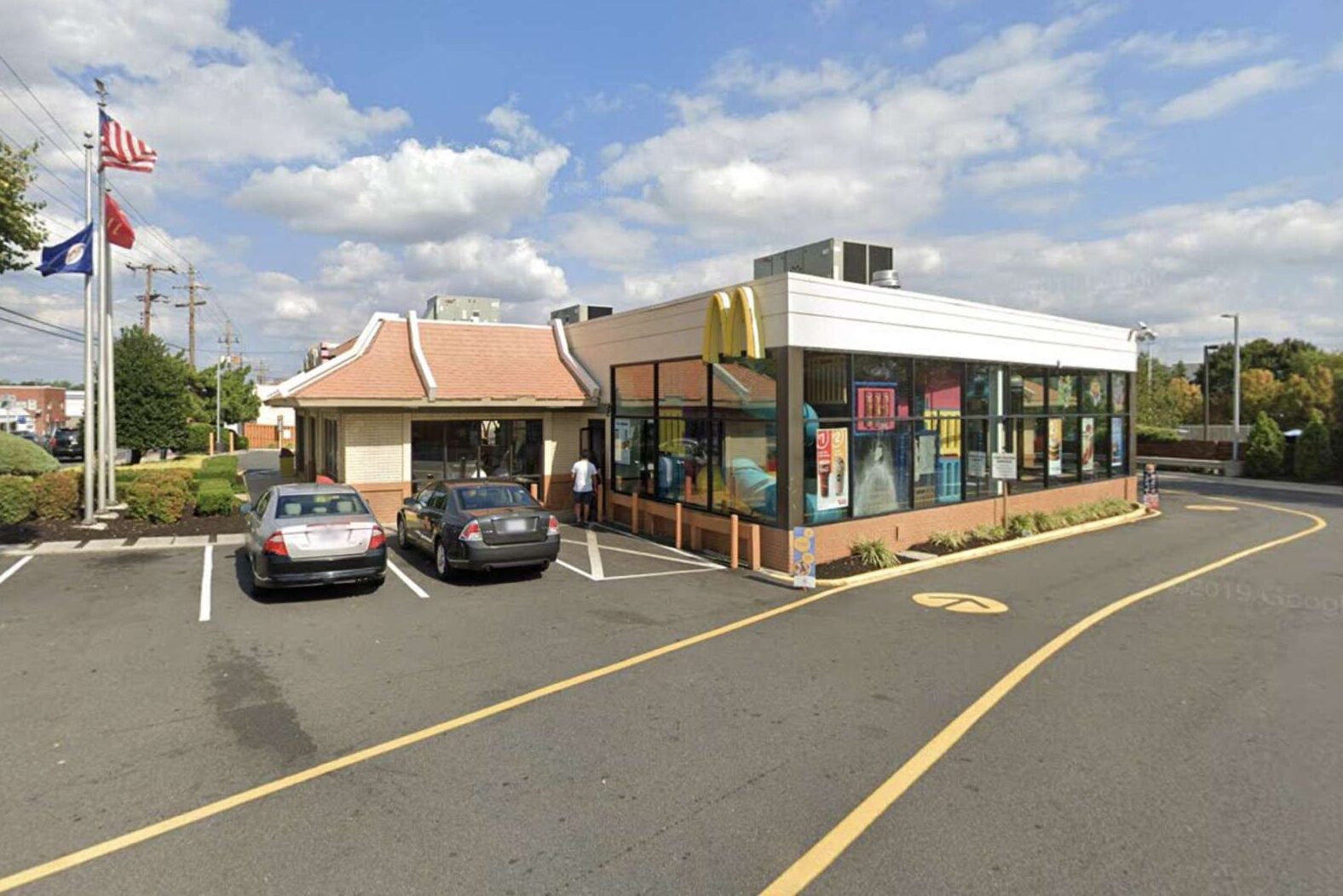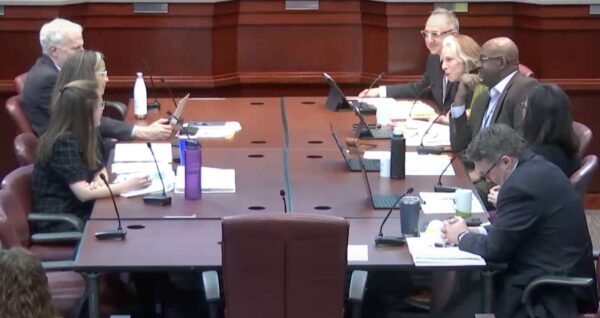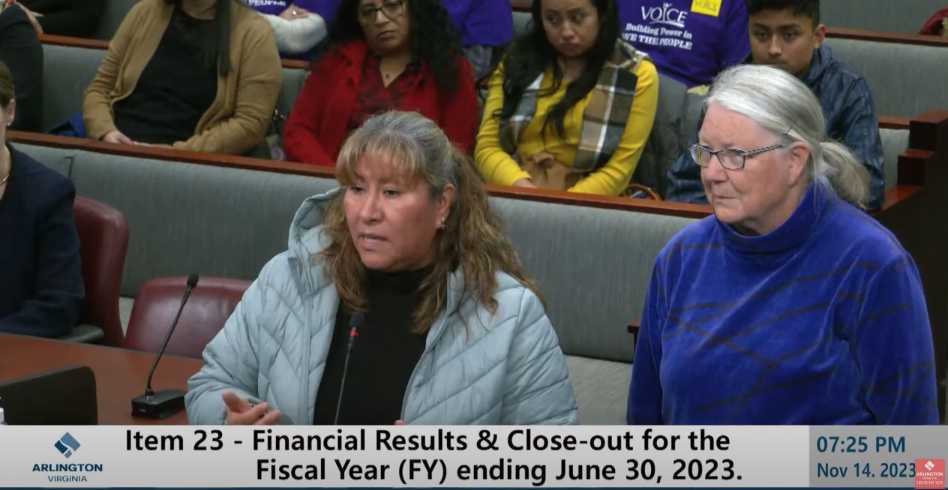
Arlington County is doling out leftover funds from the 2024 fiscal year toward tackling youth substance abuse, public safety and behavioral health challenges it is facing.
Those are three of several buckets that will benefit from the $46.3 million in discretionary close-out funds — almost double what the county had to spend after last fiscal year, $26.9 million. The County Board approved County Manager Mark Schwartz’s spending plan last night (Tuesday).
Some of the bigger-ticket line items are as follows:
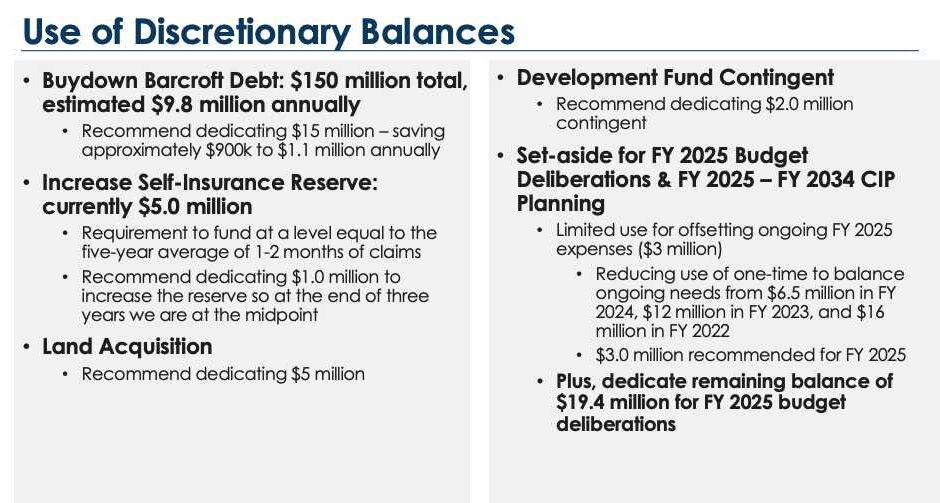
As for public safety, to combat staffing shortages and small recruit sizes for the Sheriff’s Department and the Police Department, deputy sheriffs would get bonuses and ACPD would get money for hiring bonuses that compete with neighboring jurisdictions.
In response to allegations of years of harassment gone unaddressed, levied by several female Arlington County Fire Department employees, the county proposes funding for an Office of Professional Standards, as well as training while an outside law firm conducts interviews about the allegations.
The Dept. of Human Services will get $150,000 for bonuses for hard-to-hire positions. For instance, it has had a hard time finding someone to handle jail diversion programs for adults with serious mental illnesses.
The jail would get an independent medical staff member, as requested by Sheriff Jose Quiroz. Schwartz said the medical staffer would be an independent voice when there are disagreements between state or local clinicians and the jail-based, private medical provider, Mediko.
Sources have previously told ARLnow that the contractor and other jail-based clinicians have disagreed over appropriate drug treatments for inmates, for instance.
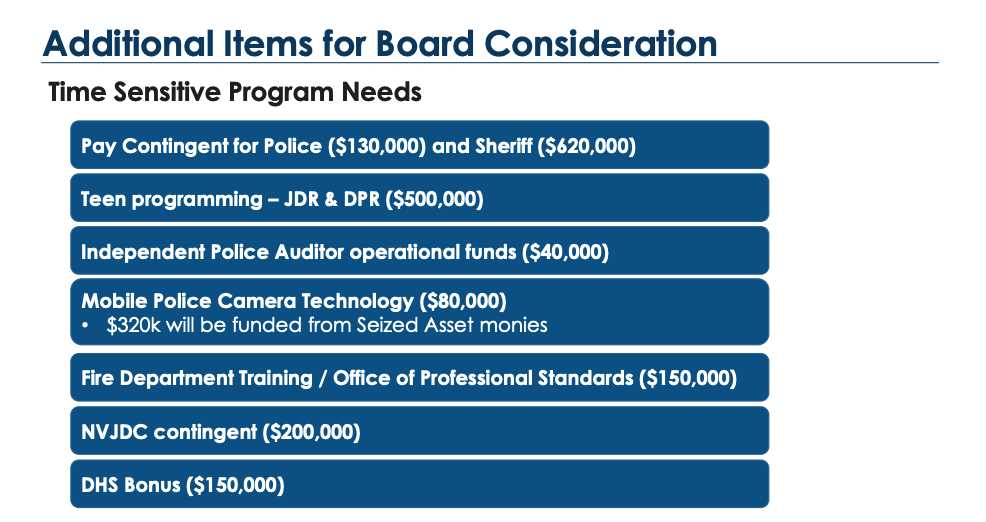
Most discussion centered around $500,000, increased to $750,000, to augment existing teen resources and programs the county, Arlington Public Schools and community partners offer. The parks department and the schools, for instance, have long lists of programs but advocates say many are not marketed to or are unaffordable to the very families hit hardest by the drug epidemic.
The extra funding — responding to community advocacy — would fund work to review and tailor these programs to the substance use and mental health issues teens are facing. In putting forward this suggestion, Schwartz was complimentary of how the schools and the county are working together on the issue.
County Board member Takis Karantonis carried a motion 3-2 to increase the funding to $750,000 so that these activities can happen in the next six months if needed, without staff having to draw from resources somewhere else.
Arlington County Board Chair Christian Dorsey and Vice-Chair Libby Garvey dissented.
“I hate how that could be misinterpreted as not desiring to spend more money on this initiative. It’s not that at all,” Dorsey said of his vote. He noted the extra $250,000 is not earmarked for something specific and that this effort has generated a lot of ideas but no specific plan, yet, deeming the increase “more symbolic than substantive.”


